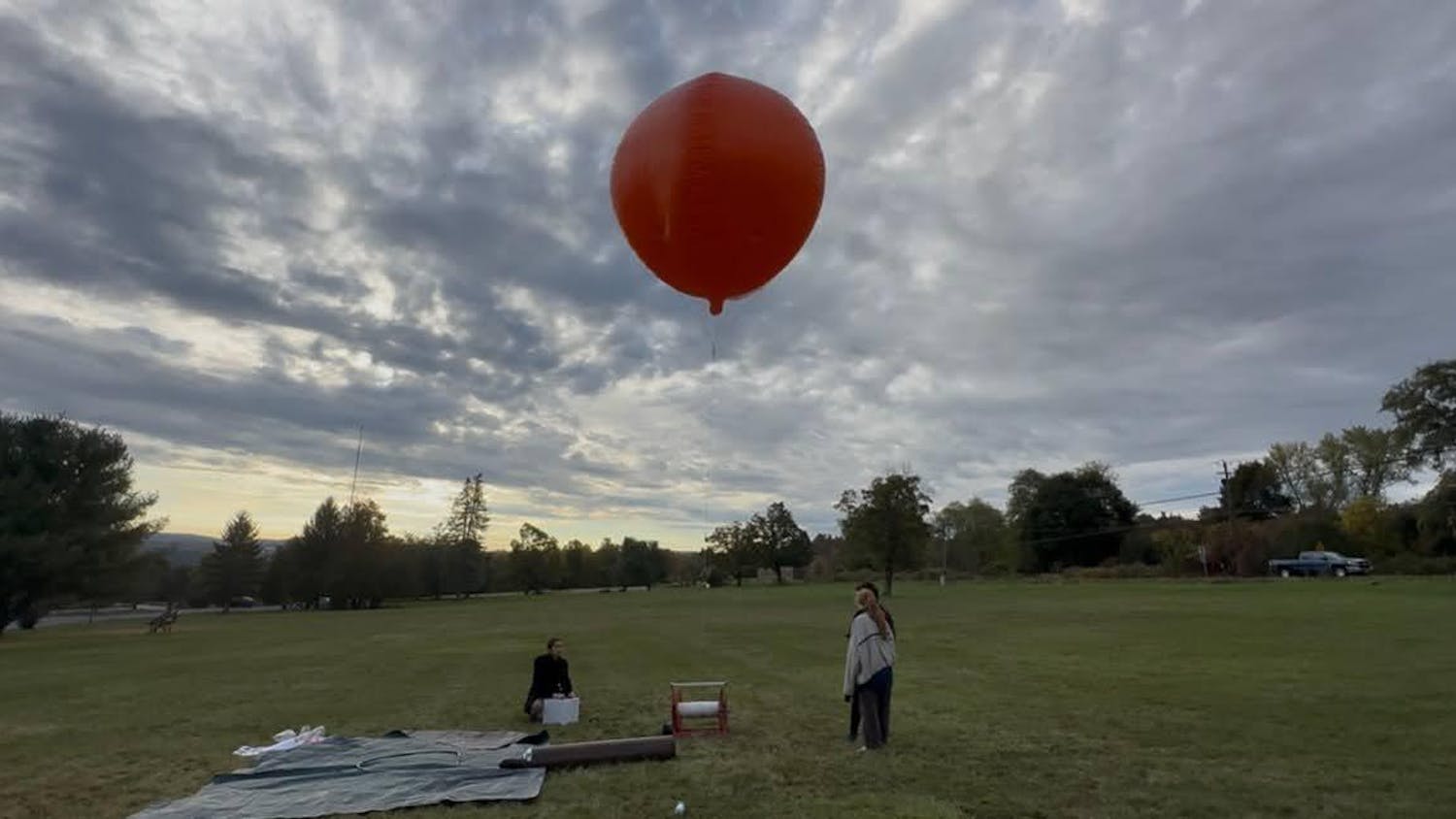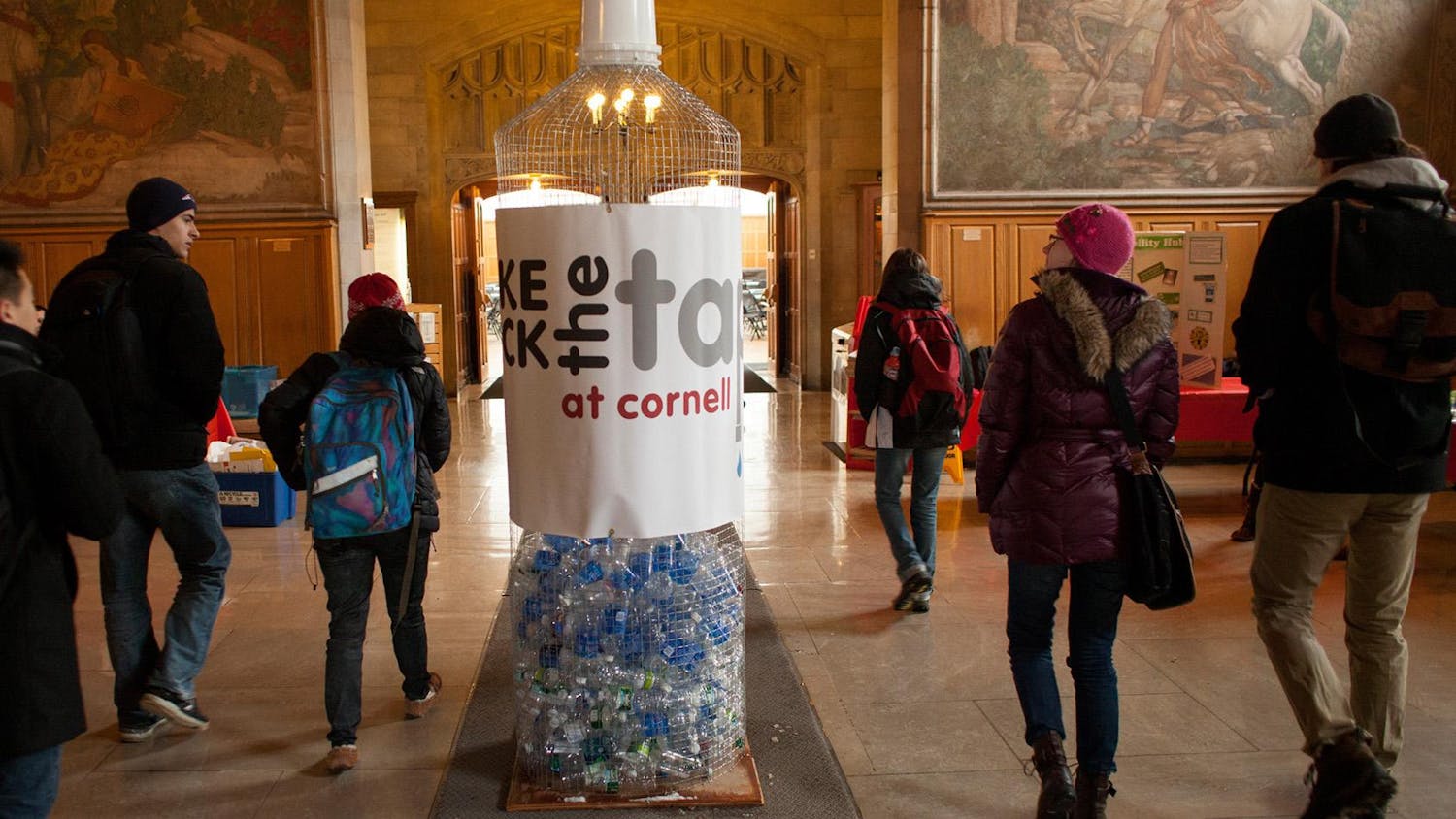Students and administrators from universities across the country are trying to sort out the implications of the failed Cornell graduate student union vote.
"Some other campuses were looking at this really closely," said President Hunter R. Rawlings III in an interview with The Sun last week.
When Cornell's 2,300 graduate students voted 70 percent to 30 percent to defeat unionization on Oct. 25, the national movement to unionize private university campuses that began in 2000 suffered a major setback.
The United Auto Workers (UAW) campaign is suffering from more than just the Cornell loss.
At Brown, the union movement has stalled, according to the former faculty chair, John Savage.
"We met last week with graduate students and they said there is very little discussion of unionization anymore," Savage said. "The times have changed."
In 2000, New York University (NYU) became the first private university to sign a collective bargaining contract with its graduate students after the regional office of the National Labor Relations Board (NLRB) held that grads were employees as well as students.
The UAW and the American Federation of Teachers have since launched unionization drives at Columbia, Brown, Pennsylvania, Tufts and Yale, among others.
While many of the movements have stalled until the full NLRB decides whether grads are employees or students, supporters think that the graduate student unionization movement is still strong.
The Cornell loss is not devastating because there is still a possibility of another vote, says Sudhir Mahadevan, an NYU grad student who chairs the collective bargaining unit.
"Unions sometimes lose the first election and win the second election," Mahadevan said. "It's not unusual."
The Cornell Association for Student Employees / UAW (CASE/UAW) must wait one year before attempting another vote.
Movements at Columbia, Tufts, Pennsylvania and Brown have encountered trouble because of continuing legal battles over the right of graduate students to organize.
At Cornell, the administration agreed to allow a vote.
"I think if we had said 'no' there would've been a reaction and today we wouldn't know the results of the election," Rawlings said.
At Yale, graduate students trying to unionize have encountered fierce opposition from the administration, including a lawsuit stemming from a 1995 graduate student strike.
Anita Seth, a Yale grad supporting unionization, said that she admired the Cornell administration's decision to allow a vote. The loss, says Seth, reminded her that "creating a union is very hard."
"We were very disappointed by the vote," Seth said. "This has just redoubled our determination."
David Grimm, a grad student at Yale opposed to unionization, sees the Cornell election as indicative of the failure of the grad unionization movement as a whole.
"For me that was a huge turning point, your election," he said. "The [Cornell] election said ... that these guys [CASE/UAW] are full of baloney."
Grimm added that many graduate students at Yale "think of themselves as students," not employees. "We're not ... just like the hotel workers, just like the janitors."
Supporters counter that the Cornell vote is not part of the larger trend in academic labor.
Cornell's 'no' vote was only the second 'no' vote to graduate student unionization in over 30 years of organization on public university campuses, according to the Chronicle of Higher Education. The first was the University of Minnesota.
Archived article by Mackenzie Damon










